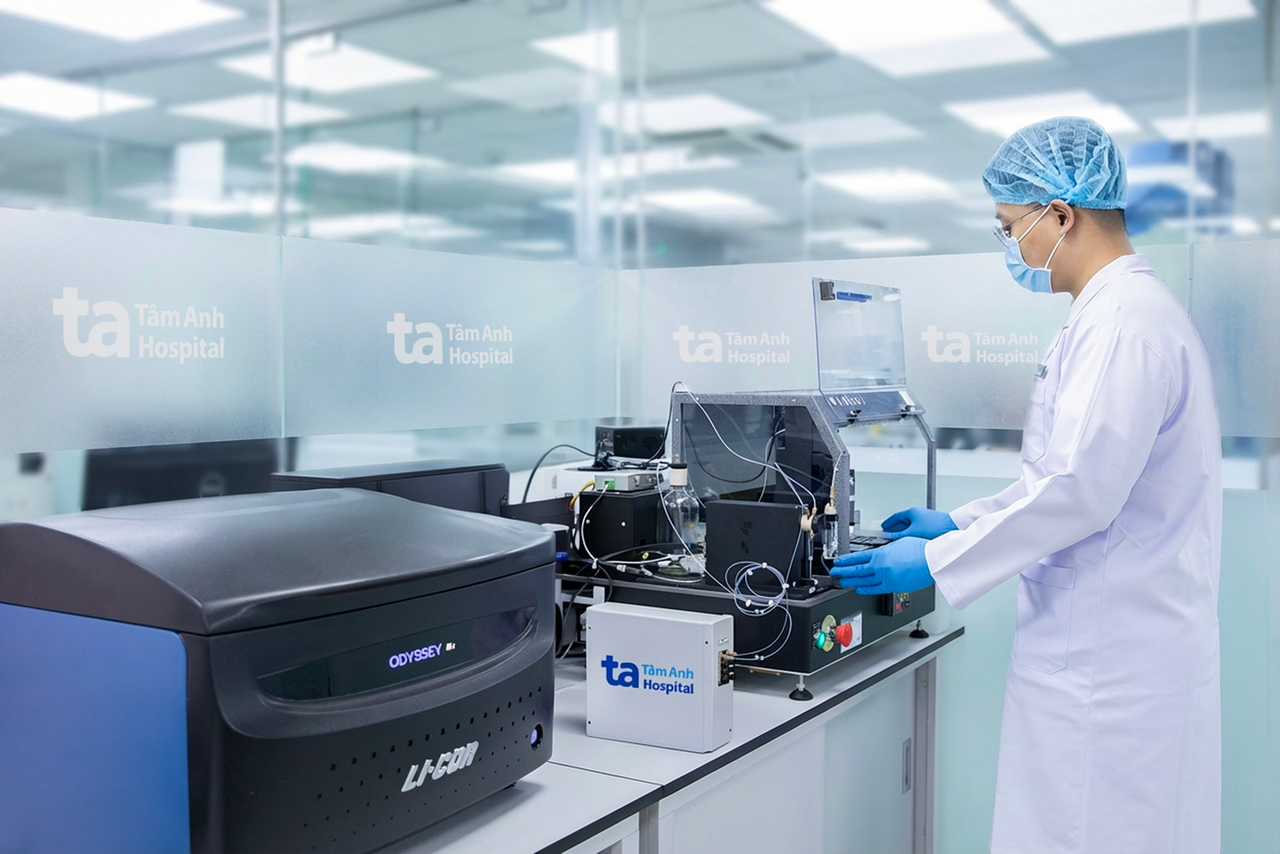
Currently, the world has recorded 5 types of hepatitis viruses in humans (A, B, C, D, E). Of which, hepatitis D virus is a "defective" RNA virus, which can only exist and multiply in the presence of hepatitis B virus, causing more severe liver damage than hepatitis B infection alone. Hepatitis D virus is transmitted through blood and body fluids similar to hepatitis B. In a person infected with these 2 viruses at the same time, it will increase the risk of liver failure, cirrhosis and liver cancer.
Despite its dangers, most people with hepatitis B do not know whether they are infected with the hepatitis D virus or not because hepatitis D testing is not routinely performed. Without screening for hepatitis D, Vietnam is missing out on a major variable in the prognosis of liver disease. It is estimated that 62-72 million people worldwide are carrying the hepatitis D virus.
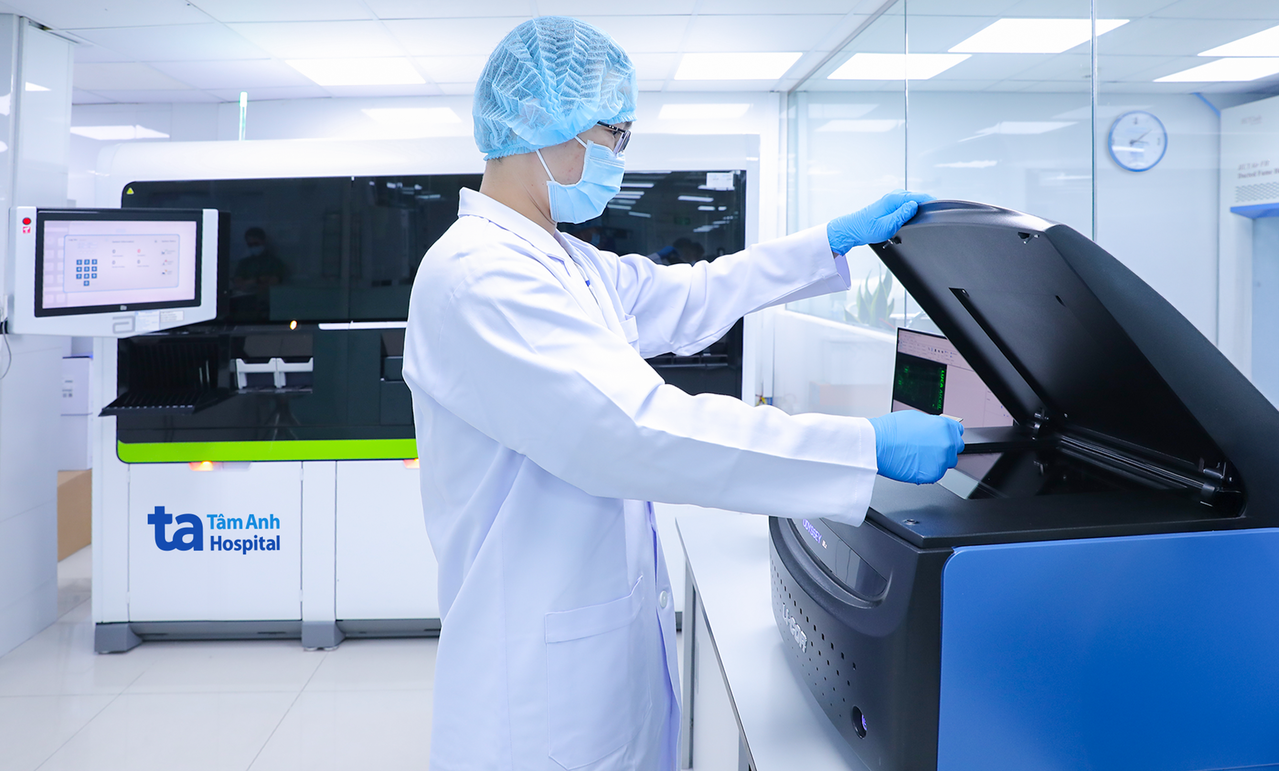
The HEP-D study is the first and largest study ever conducted in Vietnam on hepatitis D. It is a joint research project between scientists from the Tam Anh Research Institute under the Tam Anh General Hospital System and the Stanford Institute for Microbiology and Epidemiology (USA). The study will be carried out in multiple centers at Tam Anh General Hospital in Hanoi , Tam Anh General Hospital in Ho Chi Minh City and Bach Mai Hospital from November 2025 to July 2026. Tam Anh Research Institute will sponsor all research-related testing costs for the first nearly 2,500 test cases. help patients with hepatitis B - D co-morbidities have more opportunities to detect early, proactively prevent cirrhosis - liver cancer more effectively. The study also lays the foundation for programs to promote research and provide treatment regimens and drugs for hepatitis D in the near future.
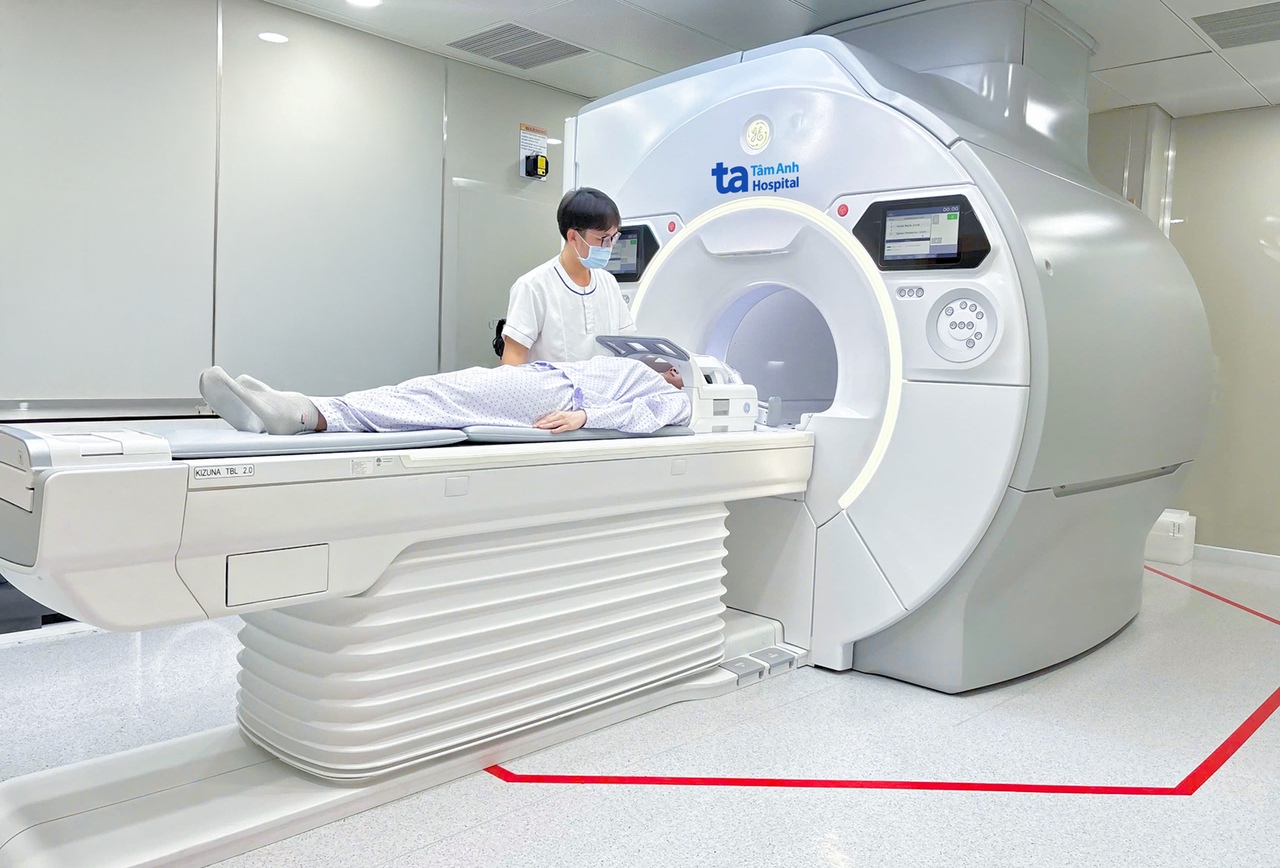
From November 25, 3 hospitals conducting research will start recruiting patients. Doctor Phuong Le Tri, Executive Director of Tam Anh Research Institute, said that the HEP-D study conducted by Tam Anh Research Institute will enroll patients aged 16 and older who have been diagnosed with chronic hepatitis B. Participants only need to visit once and have a blood test to detect whether they are infected with the hepatitis D virus or not. In addition to the free testing cost, participants will receive partial support for travel expenses and can withdraw at any time.
Testing for hepatitis D currently requires more complex techniques than conventional hepatitis B tests. Therefore, immediately after signing a cooperation agreement with the Stanford Institute for Microbiology and Epidemiology, Tam Anh Research Institute and Tam Anh General Hospital System invested in a synchronous system of specialized modern hepatitis D testing equipment, worth tens of billions of VND.
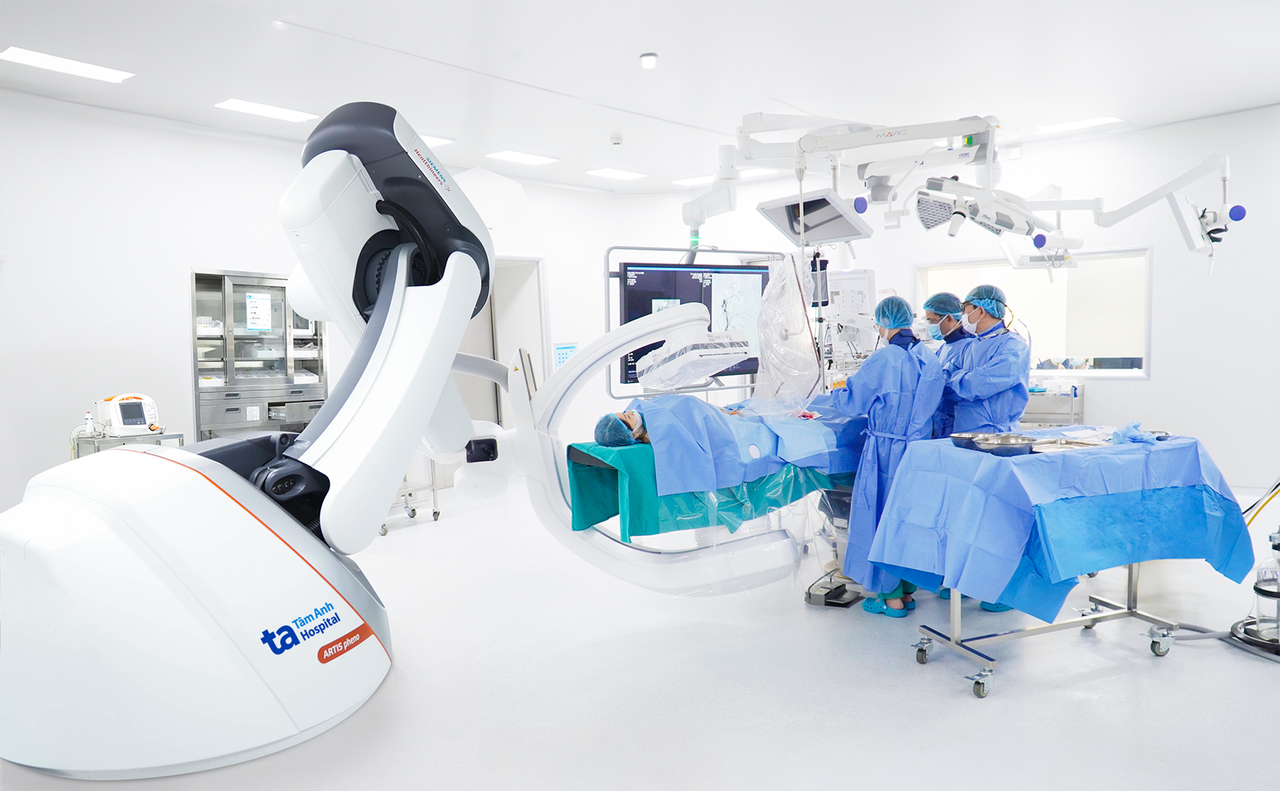
In this study at Tam Anh Research Institute , experts from the Stanford Institute of Microbiology and Epidemiology were directly trained in the Q-MAC technique, using BioDot and Odyssey DLx systems from LI‑COR (USA). This test is based on the quantitative microarray antibody capture technique, detecting Ig-G (immunoglobulin G) antibodies against hepatitis D virus. Q-MAC was used by the Stanford Research group to screen patients infected with hepatitis B virus in a large randomly selected population. The Q-MAC test was developed as a convenient test for accurate screening of populations to determine the prevalence of hepatitis D in a population with an unusually high rate of hepatocellular carcinoma.
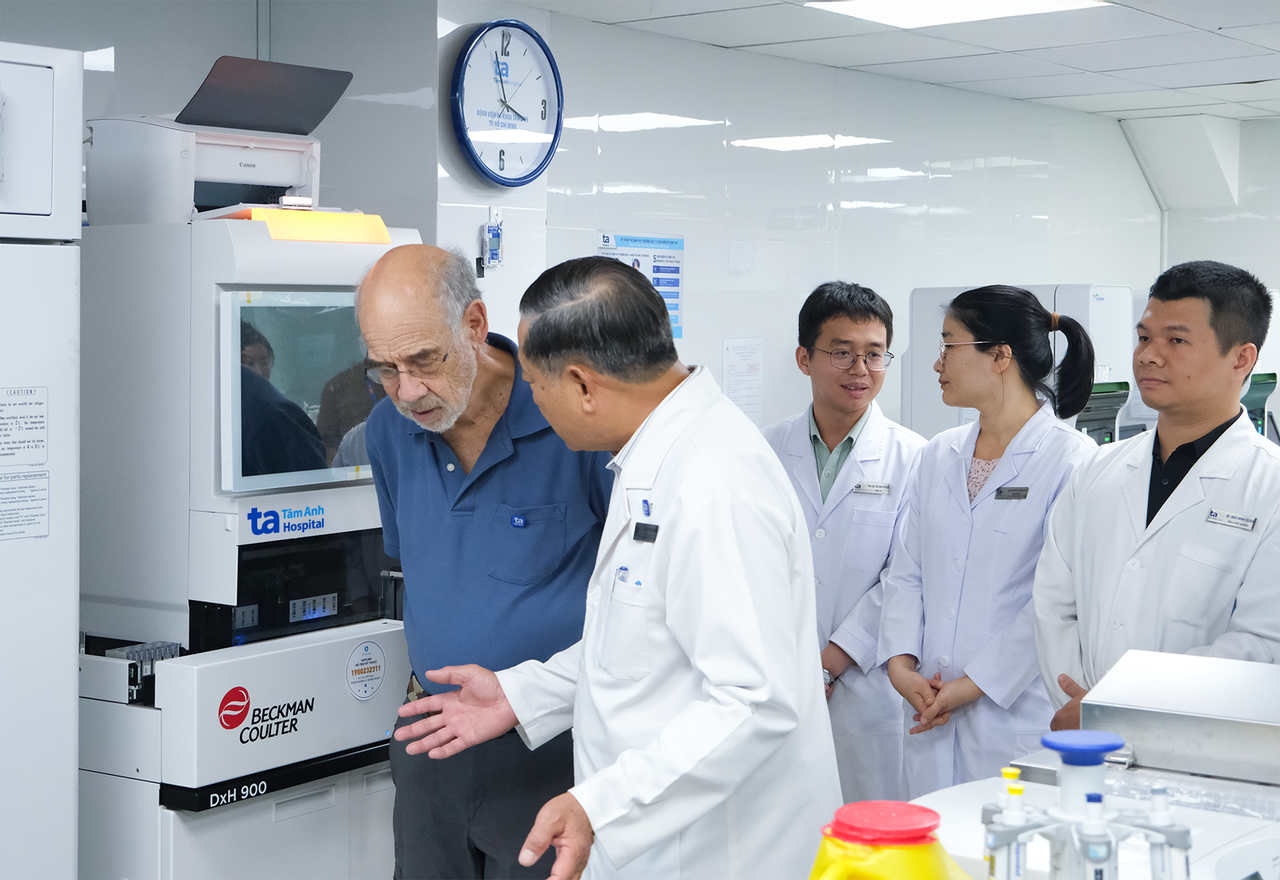
The HEP-D study is also an opportunity for Vietnam to standardize the hepatitis D screening process, improve its capacity to diagnose liver disease according to global standards, and prepare to receive innovative drugs to treat hepatitis D when approved.
The HEP-D study was first implemented at Tam Anh General Hospital System in Hanoi and Ho Chi Minh City, and will then expand patient recruitment to Bach Mai Hospital, Hanoi.
At Tam Anh General Hospital System, patients participating in the study will be consulted by doctors from the Hepatitis and Fatty Liver Center and undergo hepatitis D screening steps. For more information about this study and to register to participate, please contact the hotline: 0287 102 6789 (HCMC) and 0247 106 6858 (Hanoi) or via email cskh@tahospital.vn.
Source: https://baophapluat.vn/gan-2-500-nguoi-benh-viem-gan-b-duoc-mien-phi-xet-nghiem-viem-gan-d-theo-tieu-chuan-my-de-tam-soat-som-nguy-co-xo-gan-ung-thu-gan.html


![[Photo] Prime Minister Pham Minh Chinh chairs the 15th meeting of the Central Emulation and Reward Council](/_next/image?url=https%3A%2F%2Fvphoto.vietnam.vn%2Fthumb%2F1200x675%2Fvietnam%2Fresource%2FIMAGE%2F2025%2F11%2F27%2F1764245150205_dsc-1922-jpg.webp&w=3840&q=75)



![[Photo] President Luong Cuong attends the 50th Anniversary of Laos National Day](/_next/image?url=https%3A%2F%2Fvphoto.vietnam.vn%2Fthumb%2F1200x675%2Fvietnam%2Fresource%2FIMAGE%2F2025%2F11%2F27%2F1764225638930_ndo_br_1-jpg.webp&w=3840&q=75)







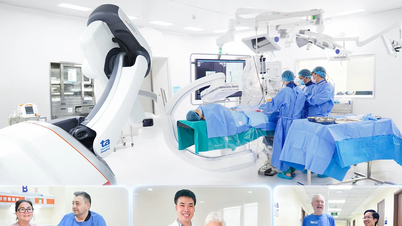






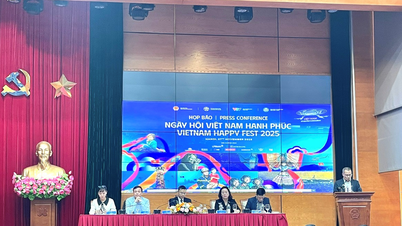




















































































Comment (0)